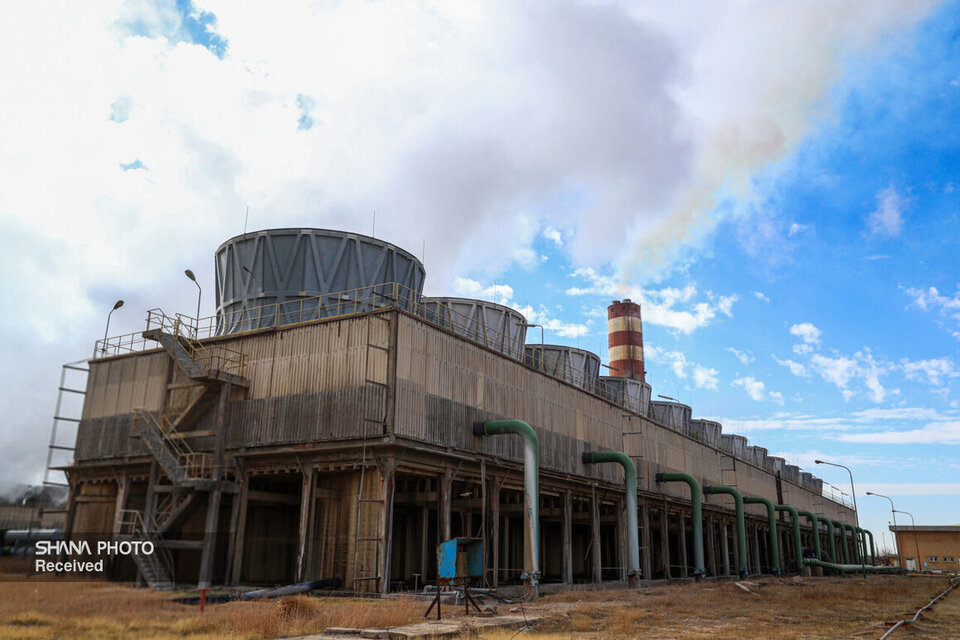The Ministry of Oil is responsible for supplying fuel equivalents to power plants, including natural gas and liquid fuel.
Meanwhile, the Ministry of Energy, in addition to providing electricity, has the critical task of managing the consumption of fuel equivalents.
During periods of increased gas demand due to cold weather, more than 90% of gas production resources are located in the southernmost part of the country, while over 70% of residential and commercial consumption occurs in the northern half.
Given the existing infrastructure, gas is prioritized for residential use during peak demand periods, which may lead to reduced gas allocation to power plants for one or two weeks annually.
Effective fuel consumption management and the use of high-efficiency power plants, particularly those in the south where residential gas consumption is lower and gas allocation is fully maintained, can help manage electricity production.
Maximizing power transmission from the south to the north can also ensure efficient electricity consumption management.
Despite record-breaking gas consumption peaks in residential, commercial, and industrial sectors this year—reaching 671 million cubic meters per day on December 16, 2024, and 681 million cubic meters per day on February 10, 2025—the required gas for power plants was successfully supplied. From December to February 10, gas delivery to power plants increased by 6% compared to last year and by approximately 15% compared to the same period in 2023.
Proper management of fuel storage and consumption enabled the Ministry of Energy to prevent power outages.
The notion of an inability to supply gas is fundamentally incorrect. It is the responsibility of the Ministry of Energy to support the National Gas Company during peak residential gas consumption periods.
By maximizing electricity production from southern power plants, which receive full gas allocation and have well-maintained reserves, and by transmitting power from the south to the north, the ministry can assist the national gas network, prevent blackouts, and ensure managed electricity supply across all sectors, particularly in residential areas and colder regions.


Your Comment